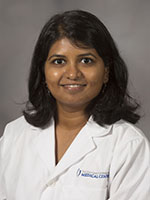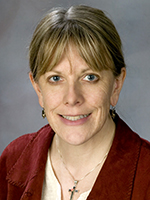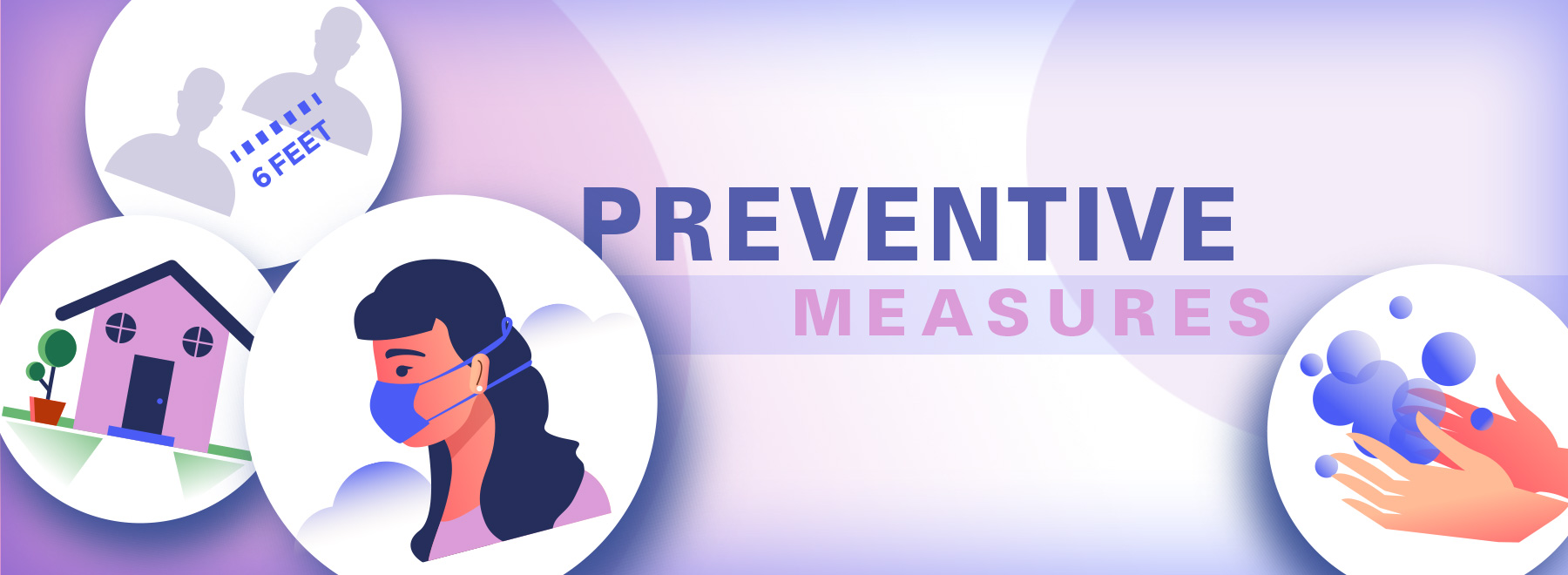Follow these guidelines to help decrease COVID-19 exposure
Emerging from the COVID-19 pandemic will require caution and common sense, University of Mississippi Medical Center experts say.

“We are still in the midst of the COVID-19 pandemic,” said Dr. Bhagyashri Navalkele, medical director for infection prevention at UMMC. “Discontinuation of shelter-at-home order does not imply we let our guard down and stop following preventative measures.
“Mississippians should still consider going out in public for essential purposes only.”
Much of Mississippi has reopened for business as the numbers of COVID-19 cases rise, meaning that adults and children should take precautions to stop the novel coronavirus’ spread.
These precautions include:
• Wearing a mask
Wearing a facial mask that covers the nose and mouth can prevent the spread of COVID-19, especially when you are within six feet of others, Navalkele said.

This includes children, said Dr. April Palmer, UMMC professor and chief of pediatric infectious disease.
“Children should wear masks in public, following the advice given to adults, if they are old enough to comply,” Palmer said.
According to the American Academy of Pediatrics, children younger than 2 should not wear face masks.
Masks should be worn over the nose and mouth, but “if a mask causes a child to have difficulty breathing or anxiety, then it shouldn’t be worn,” Palmer said.
• Washing your hands
Practice hand hygiene with alcohol-based hand sanitizer (60 percent or more alcohol) or wash hands with soap and water, Navalkele said.
“Avoid touching (your) nose, eyes and mouth with unwashed hands.”
Germs spread by touching the eyes, nose and mouth, and preparing food or drinks with unwashed hands, touching contaminated surfaces and coughing or sneezing into hands and then touching other surfaces.
The U.S. Centers for Disease Control and Prevention recommends washing hands after touching an item or surface that may be frequently touched by other people, such as door handles, tables, gas pumps, shopping carts or electronic cashier registers/screens. Other times to wash hands include before preparing food or in the restroom.
More hand-hygiene tips are available at the CDC website.
• Keeping your distance
The U.S. Centers for Disease Control and Prevention recommends six feet of social distance when in public.
“Avoid large groups or mass gatherings as much as possible, as certain prevention measures are difficult in crowded settings,” Navalkele said. “Avoid any physical contact with non-household members like family or friends, as the viral particles can spread across easily through contact.”
• Staying home
When you feel sick, the best place to be is at home, Navalkele said.
“Seek medical care if you need immediate assistance.”
Symptoms that warrant emergency care include difficulty breathing, bluish lips or face, and pain or pressure in the chest, according to the CDC.
Information about COVID-19 testing in Mississippi is available at umc.edu.
Navalkele cautions those who have had COVID-19 and recovered from the novel coronavirus to still take precautions.
“We do not have a complete understanding of SARS-CoV-2 virus yet,” she said. “It is Impossible to say if COVID-infected people can get re-infected again.
“As re-infection is still a possibility, recovered populations should still follow prevention measures when out in public.”
Assuming children and younger adults are at less risk of contracting COVID-19 could be dangerous, Palmer said.
“Statistically, children and youths seem to have less risk of having symptomatic COVID-19, but that does not mean they have less risk of infection or of spreading the virus,” she said.
All four tips should be followed to prevent the spread of COVID-19, Navalkele said.
“All these prevention measures should be practiced as a bundle,” she said. “Following just one of the measures does not guarantee complete protection against COVID."
The above article appears in CONSULT, UMMC’s monthly e-newsletter sharing news about cutting-edge clinical and health science education advances and innovative biomedical research at the Medical Center and giving you tips and suggestions on how you and the people you love can live a healthier life. Click here and enter your email address to receive CONSULT free of charge. You may cancel at any time.



